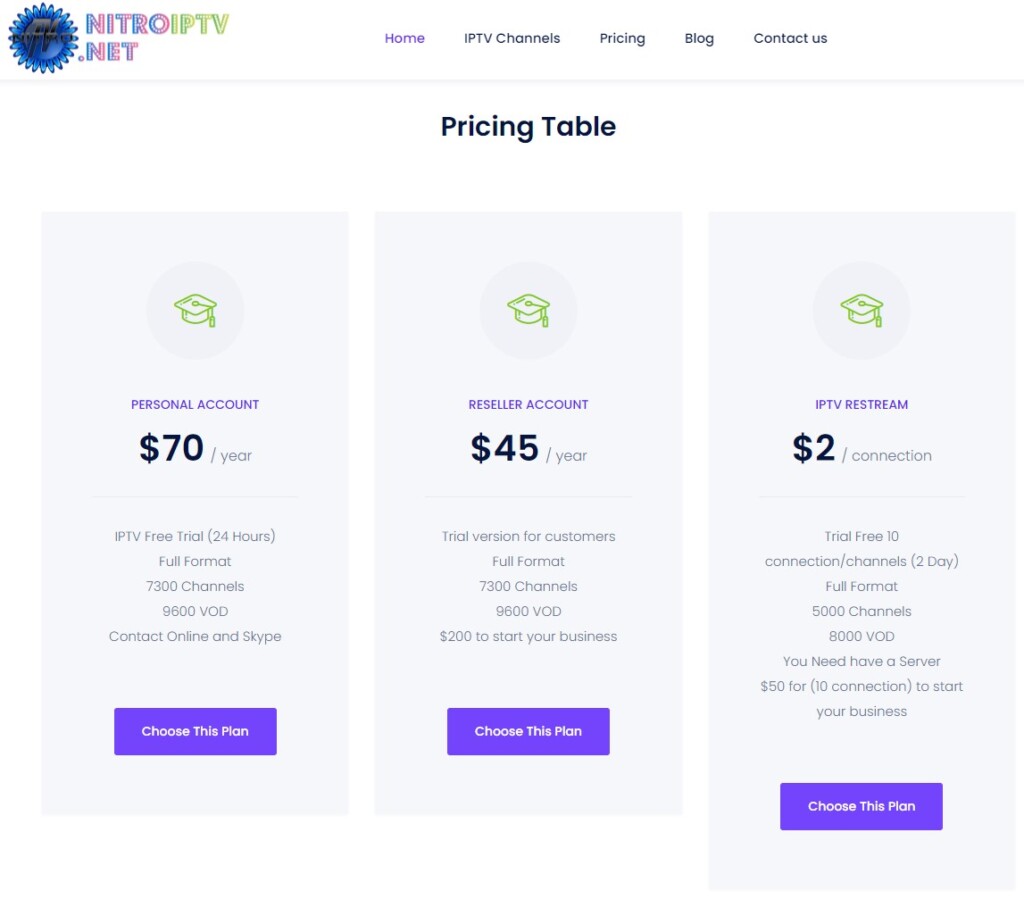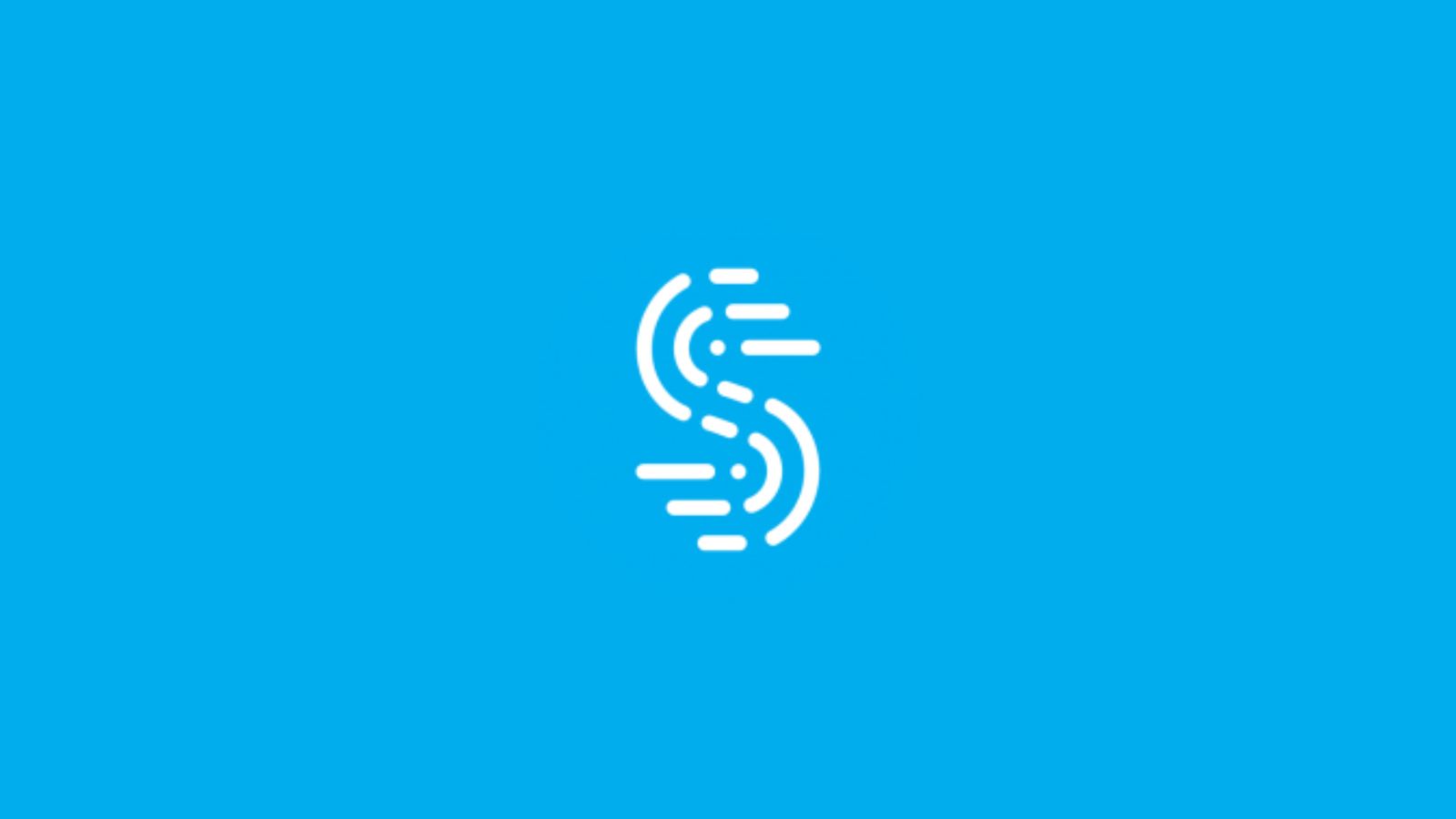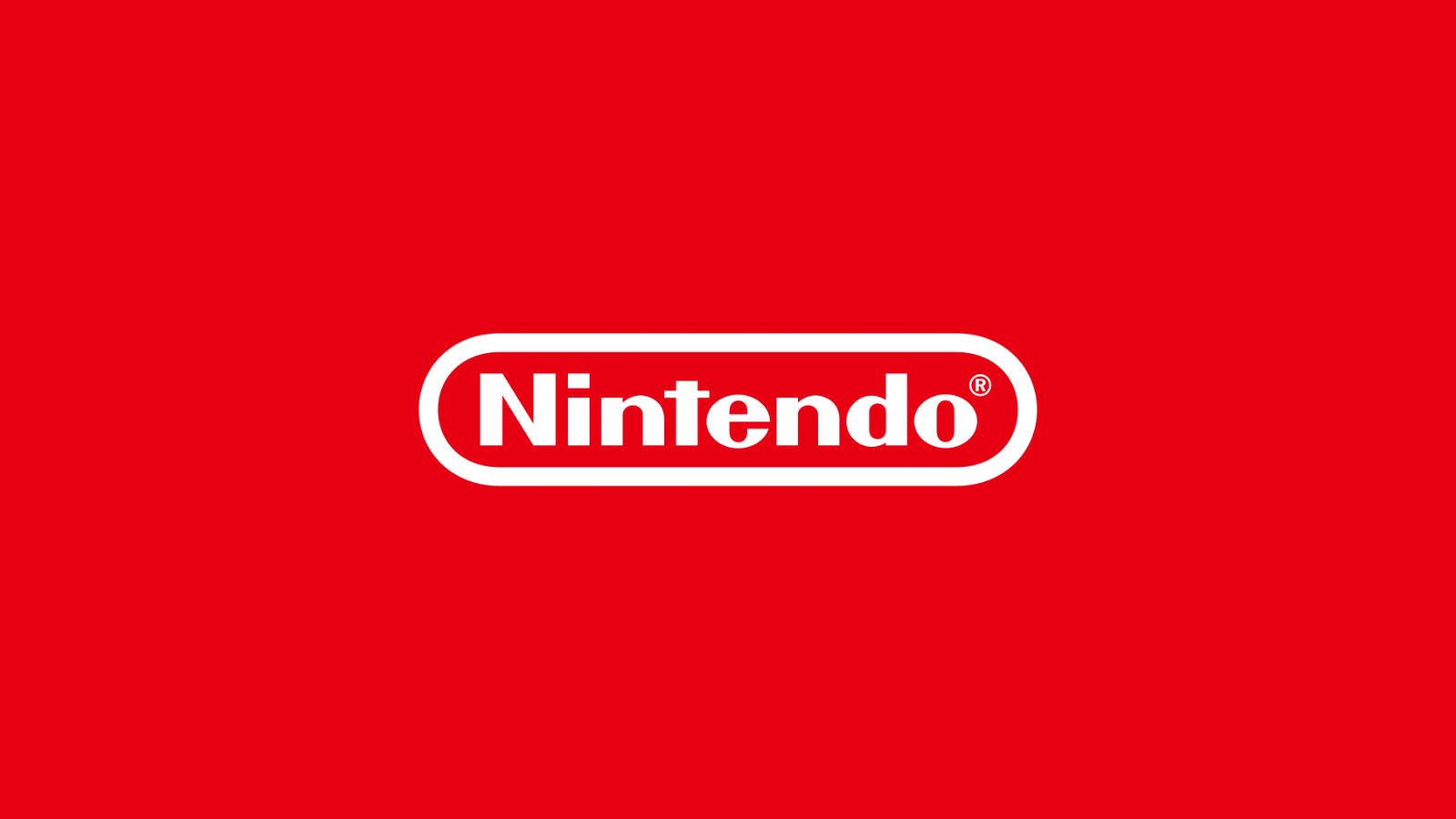
‘Nitro TV’ Now Sued by DISH Network and All Key Members Named in the Action
- ‘Nitro TV’ is again in legal trouble as DISH Network has identified all prominent members supporting it.
- The broadcaster demands damage compensation, a permanent injunction, and a restraining order.
- The platform still operates a domain where they promote their services to clients and resellers.
DISH Network has submitted a lawsuit against the pirate IPTV platform known as ‘Nitro TV,’ accusing it of DMCA anti-circumvention provision violations and breaches of the Federal Communications Act. In summary, Nitro TV is offering DISH satellite and Sling programming to its subscribers by redistributing it without a license, making massive amounts of money in a blatantly illegal way.
DISH now demands a permanent injunction against the operators of Nitro TV and a restraining order that would prevent the defendants from trying to circumvent DISH’s DRM in the future. Damage compensation is also thrown in the mix, with DISH demanding $2,500 for each DMCA and $100,000 for each FCA breach.
Notably, the defendants have been named in this action submitted to the U.S. District Court of the Southern District of Texas. They are Alejandro Galindo, Anna Galindo, Martha Galindo, and Osvaldo Galindo, all members of the same family living in Colorado and Texas. This is noteworthy because although the official domain, Nitroiptv.com is offline, an alternative portal, Nitroiptv.net is still online, offering 12,800 channels in HD and FHD quality support for a range of devices and players and a reselling program.
This is a platform that has been bashed by the judicial authorities again in May 2020, when a California judge approved a permanent injunction requested by Columbia Pictures, identified Alejandro Galindo as the main operator, and also considered statutory damages of $150,000 per infringed work. This means that Nitro TV has been in legal trouble for a while now, so seeing it continuing through an alternative domain is notable. We had predicted this as a possibility last year, as the owner had immediately resurrected a couple of pirate domains using the same theme and brand.
Whereas in last year’s legal action, only Alejandro was identified and named, it appears that DISH Network’s investigators have dug deeper this year to intimidate all supporting members of the platform. As the claim details, these people had their identities exposed by not being diligent enough to hide their online tracks. They used actual bank accounts (JPMorgan, Capital One, Woodforest National Bank) to move around subscription money, sent directly from their personal PayPal and Stripe accounts.









